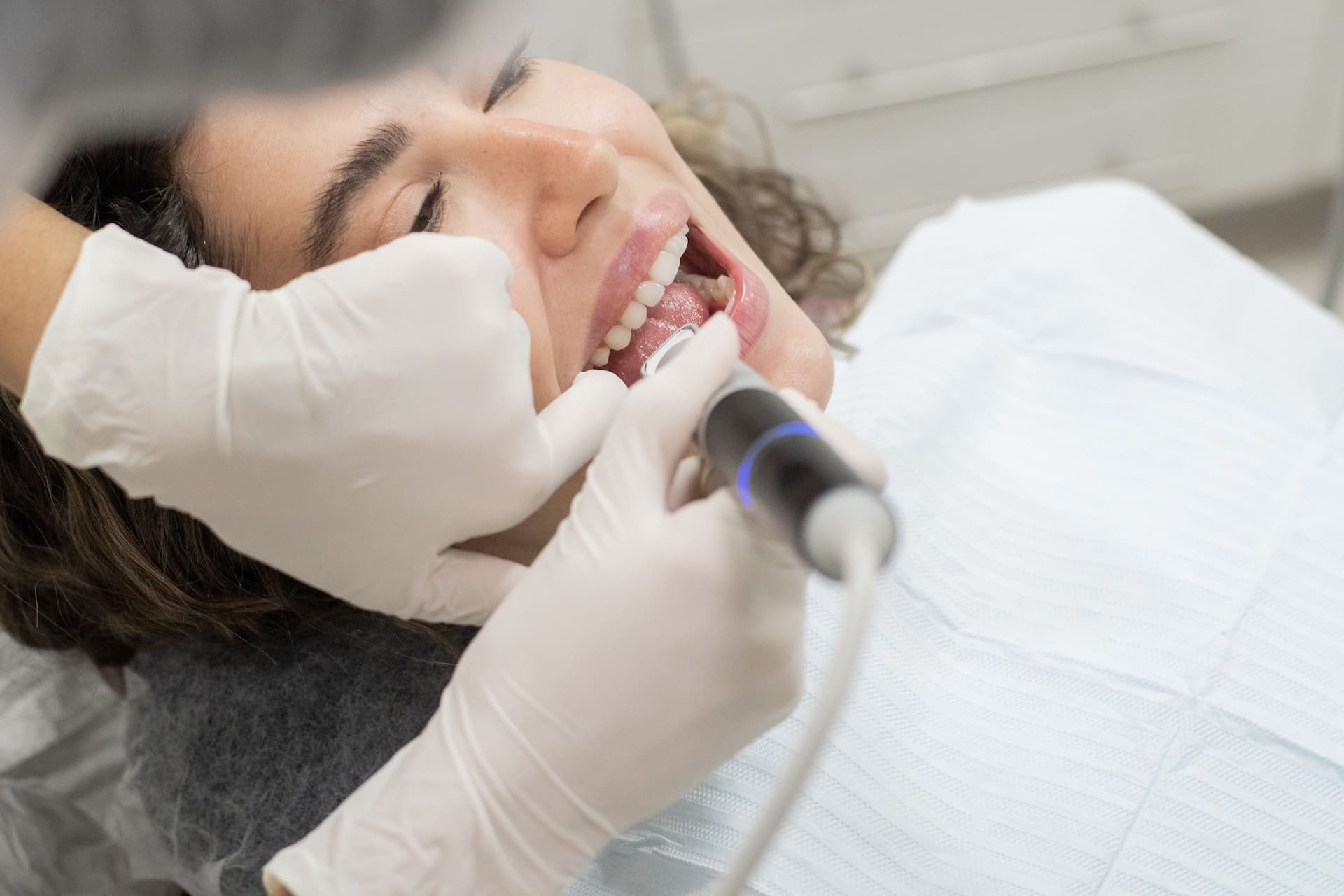1. How Stress Affects Oral Health
Stress can have both direct and indirect effects on oral health. Some of the ways stress impacts oral health include:- Weakening the Immune System: Chronic stress can weaken the immune system, making it more difficult for the body to fight off infections, including those in the mouth.
- Teeth Grinding: Stress can lead to teeth grinding, also known as bruxism, which can cause tooth wear, jaw pain, and other dental issues.
- Poor Oral Hygiene Habits: When dealing with stress, people may neglect their oral hygiene routine, increasing the risk of tooth decay and gum disease.
- Unhealthy Eating Habits: Stress can lead to unhealthy eating habits, such as consuming sugary or acidic foods, which can contribute to tooth decay.
2. Common Stress-Related Dental Issues
Some common dental issues associated with stress include:- Gum Disease: Stress can weaken the immune system, making it more difficult for the body to fight off the bacteria that cause gum disease.
- Tooth Decay: Poor oral hygiene habits and unhealthy eating choices associated with stress can increase the risk of tooth decay.
- Teeth Grinding: Stress can cause teeth grinding, leading to tooth wear, jaw pain, and other dental issues.
- Canker Sores: Although the exact cause of canker sores is unknown, stress is believed to be a contributing factor.
- Temporomandibular Joint Disorder (TMJ): Stress can lead to teeth grinding and jaw clenching, which can contribute to TMJ, a painful condition affecting the jaw joint and surrounding muscles.
3. Tips for Managing Stress and Maintaining Oral Health
To manage stress and maintain good oral health, consider the following tips:- Practice Good Oral Hygiene: Maintain a consistent oral hygiene routine, including brushing your teeth at least twice a day with fluoride toothpaste and flossing daily.
- Eat a Balanced Diet: Consuming a balanced diet rich in fruits, vegetables, and whole grains can support both your oral health and overall wellbeing. Limit sugary and acidic foods to reduce the risk of tooth decay.
- Stay Active: Regular physical activity can help reduce stress and improve overall health. Aim for at least 30 minutes of moderate exercise most days of the week.
- Prioritize Relaxation: Make time for relaxation and self-care activities, such as meditation, yoga, or deep breathing exercises, to help manage stress.
- Seek Professional Help: If stress is affecting your oral health or overall wellbeing, consider speaking with a mental health professional or counselor for guidance and support.


